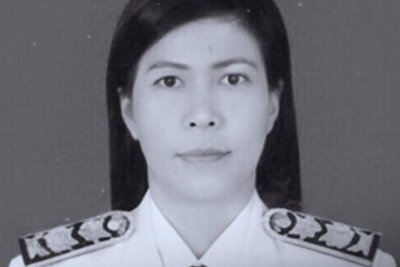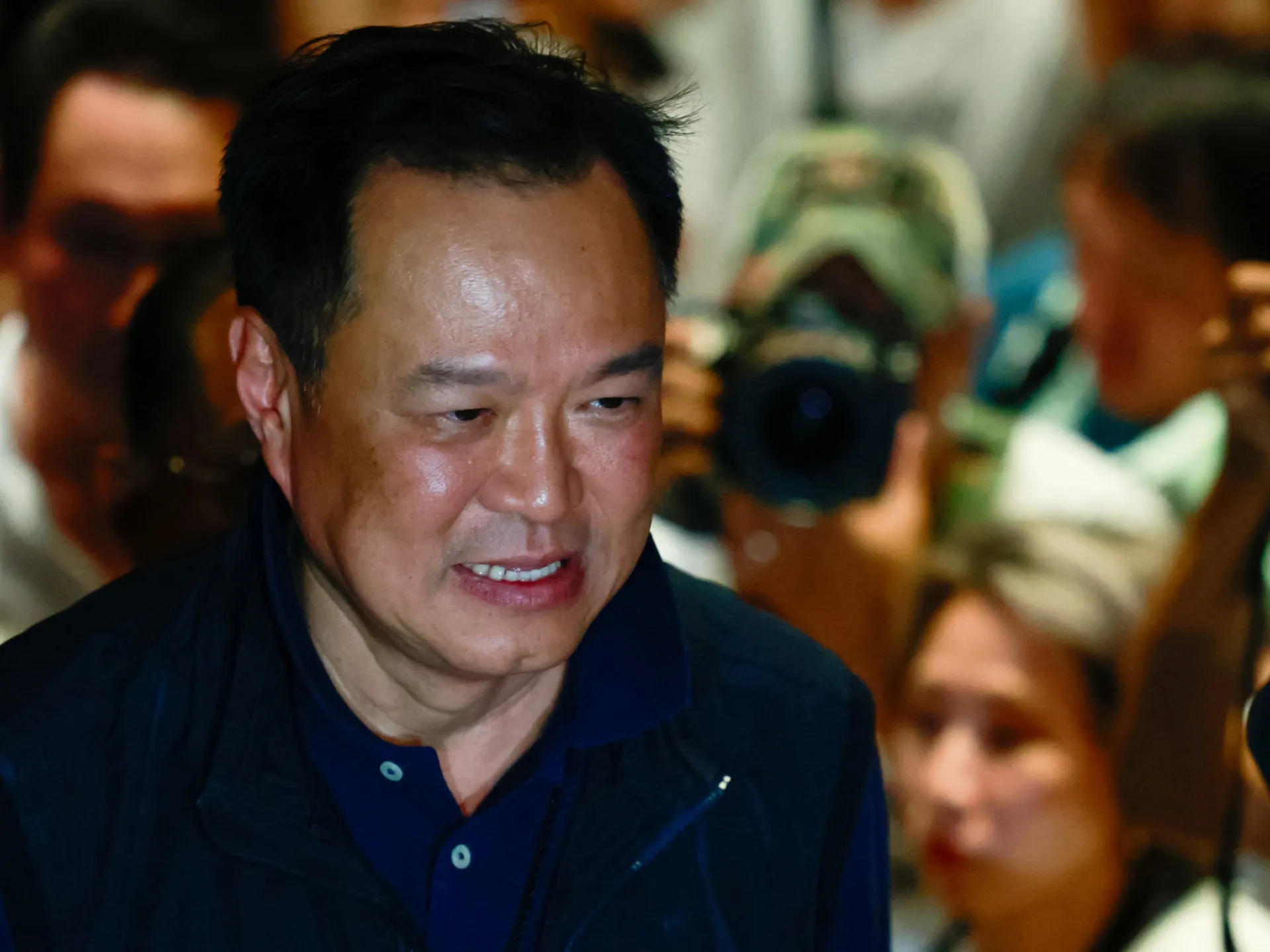Teacher wounded in Thai school hostage incident dies

Feb. 12 (UPI) — A teacher who was among three people injured during a hostage situation at her school in southern Thailand has died, provincial officials announced Thursday.
Sasiphat Sinsamosorn was pronounced dead at 2:06 a.m. local Thursday at Hat Yai Hospital, where she was receiving treatment for wounds sustained a day earlier when a gunman allegedly entered Patongprathankiriwat School, in Hat Yai District, located in the southern Thailand province of Songkhla.
Authorities have identified the alleged gunman as a 17-year-old boy. Provincial officials alleged the boy, “acting in a deranged state and armed with a firearm,” entered the school at about 4 p.m. Wednesday afternoon.
Preliminary findings show that the suspect had attacked a police officer with a knife, wresting away the government-issued 9mm firearm before entering the school, where he took Sinsamosorn and several students hostage.
A standoff ensued.
At about 6:15 p.m., police confronted the boy. During the confrontation, Sinsamosorn and a 16-year-old student were struck by gunfire. The boy, who was also injured, was then subdued by police, ending the two-hour standoff.
Sinsamosorn and the alleged assailant were transported to Hat Yai Hospital, while two students, both girls, were transported to Songklanagarind Hospital.
Officials said Sinsamosorn was shot in the left side of the chest and underwent surgery, but died early Thursday from severe blood loss.
A formal funeral rite bathing ceremony of the deceased presided over by Education Minister Narumon Pinyosinwat was scheduled for 4:30 p.m. Thursday, the Songkhla Provincial Public Relations Office said in a statement.
Sinsamosorn was a teacher and director at the school.
Officials have identified the two injured students as Nattawan Thongphasmkaew, a 16-year-old girl who was shot in the left side of her waist, and 19-year-old Manassanum Anyphonphalakarn, who sustained minor injuries to her chin and neck when she jumped from the second floor of the school building out of panic amid the incident.
The provincial government said Thongphasmkaew underwent surgery and is in stable condition. “Fortunately, the bullet did not strike any vital organs,” the Songkhla Provincial Public Relations Office said Thursday.
Anyphonphalakarn was discharged from the hospital, according to officials.
The Ministry of Education said it is preparing to propose a special salary promotion and a request for the bestowal of a royal decoration for Sinsamosorn.
Authorities said the alleged assailant has a history of psychiatric treatment related to substance abuse and was discharged from hospital in December.
A motive is under investigation, with preliminary information indicating that the alleged attacker’s young sister was enrolled at the school.

